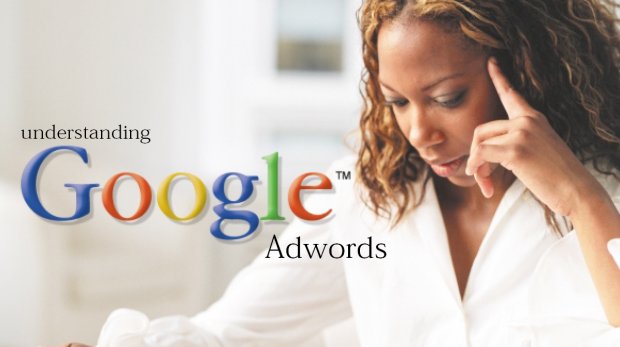Is Search Advertising a Waste of Money?
In the ever changing world of internet advertising, search engine marketing (SEM) has been identified as one of the few major success stories. Though web users spend a mere 5 per cent of their online time engaged in search activities, the sector has captured over 46 per cent of the advertising revenues, making it a $15billion industry. Google is the market leader with its Adwords brand and various estimates put its share of the market at over 70 per cent. But is it possible that all this investment by marketers is actually a waste of money? A recent piece of research suggests that it might be.

Commissioned by eBay, the research involved a series of experiments to determine whether or not paying for keywords brought tangible benefits such as awareness and increased sales for the organisations buying them. The experiments were elegantly simple. In one case, eBay discontinued using keywords for its brand on Yahoo! and MSN while retaining them on Google as a control. The result was no drop in either traffic or sales through the former two search engines. What simply happened was that shutting down the paid search path simply diverted traffic to the next easiest path – natural search which is free to the advertiser. When the paid advertising path was revived, traffic returned to this route. This implies that well-known brands who buy their names as keywords are wasting their money – web searchers would have found them anyway via the natural route. If in doubt, test it and see what happens!
But what about the case of non-branded searches where web users type in words like hotel or guitar? The eBay study examined this issue as well and found that, overall, paying for such keywords had a small and statistically insignificant effect on sales. It did however have a positive effect in instances where the consumer may not know that a given company stocks a particular product. In those cases, non-branded keywords are an important source of informative advertising for potentially new customers. But if the majority of paid search users are regular customers that would have found the company’s website through either natural search or other means, then the returns on this kind of keyword advertising overall, are also likely to be negative.
The research highlighted that one of the key issues with search and other forms of internet advertising is the prevalence of the pay-per-click model. Keyword owners only pay if a web user clicks on a sponsored ad. But the question is, would this web user have found your website anyway and if the answer is yes, your advertising expenditure is wasteful. While many of the advocates of digital marketing like to trumpet that the old adage that ‘half of my advertising money is wasted, I just don’t know which half’ is no longer relevant in the brave new world of the internet, this research suggests that it may not be quite that simple.






 John Fahy
John Fahy